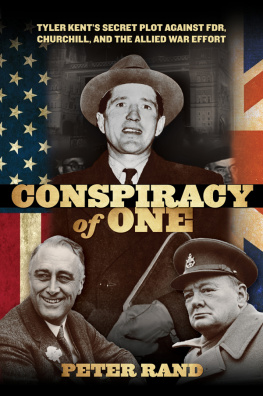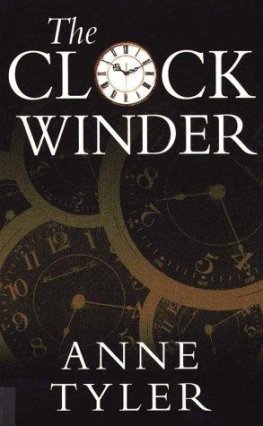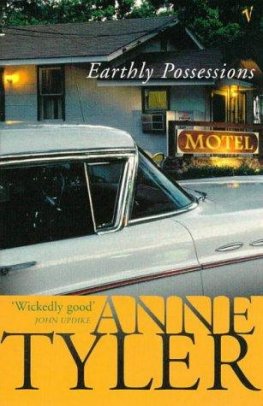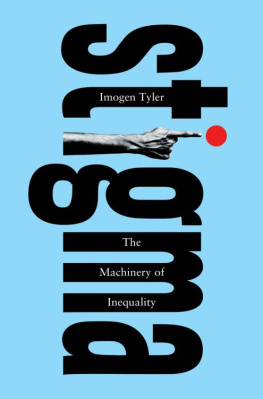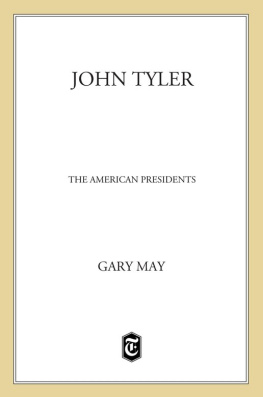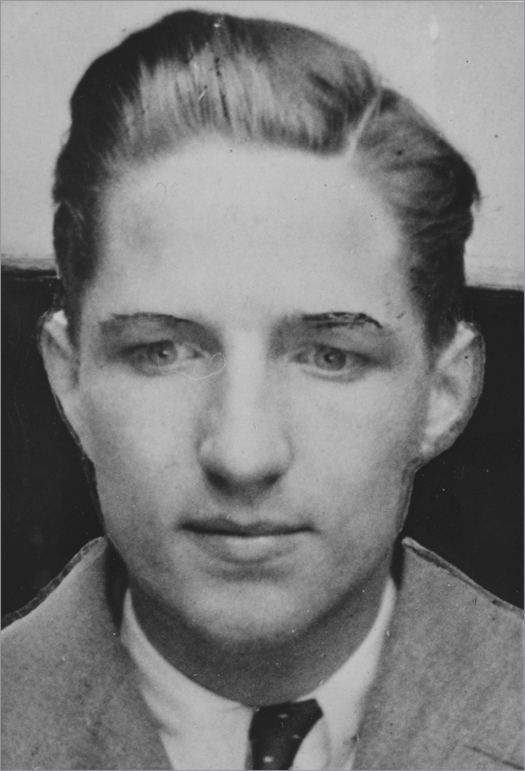Critical acclaim for Peter Rands China Hands
A splendid job, history vividly evoked... A fine book.
Arthur Schlesinger Jr.
A well-drawn portrait of a generation... Rand does a good job of tracing relationships among his colorful characters and brings in personal detail from unpublished letters and interviews.
New York Times Book Review
Rand writes with an appreciative zest and an understanding sensitivity.
Boston Globe
China emerges in the pages of this book with its dazzling complexity intact.... Worth reading not only for the welcome attention it brings to a largely unexamined chapter in American journalism but for its flashes of insight into the byzantine politics of the Kuomintang.
The Nation
Rands work provides an introduction to such fascinating people... Insightful observation... excellent writing, characterization of the writers, and use of the journalists letters make this work stand far above most popular histories.... Engrossing... highly recommended.
Library Journal
An absorbing account... Rand skillfully weaves context into these highly personal narratives and vividly recreates a fascinating, confounding, and ultimately tragic era.
Kirkus Reviews
Rand vividly recreates the period, lucidly and penetratingly presenting the Chinese experiences of the journalists.
Publishers Weekly
A sweeping narrative... a vivid mural of a generation.
Booklist
A LSO BY P ETER R AND
Nonfiction:
China Hands: The Adventures and Ordeals of the American Journalists Who Joined Forces with the Great Chinese Revolution
Fiction:
Firestorm
The Time of the Emergency
The Private Rich
Gold from Heaven
C ONSPIRACY OF O NE
Tyler Kents Secret Plot against FDR, Churchill, and the Allied War Effort
P ETER R AND

LYONS PRESS
Guilford, Connecticut
An imprint of Globe Pequot Press
Copyright 2013 by Peter Rand
All rights reserved. No part of this book may be reproduced or transmitted in any form by any means, electronic or mechanical, including photocopying and recording, or by any information storage and retrieval system, except as may be expressly permitted in writing from the publisher. Requests for permission should be addressed to Globe Pequot Press, Attn: Rights and Permissions Department, PO Box 480, Guilford CT 06437.
Lyons Press is an imprint of Globe Pequot Press.
Photo on page viii courtesy of the Library of Congress.
Author has made all reasonable attempts to establish proper credit for all photographs contained herein. Any failure to credit or mistaken credit is purely incidental and unintentional. All page numbers refer to the printed book.
Project editor: Meredith Dias
Layout: Casey Shain
Library of Congress Cataloging-in-Publication Data
Rand, Peter, 1942
Conspiracy of one : Tyler Kents secret plot against FDR, Churchill,
and the Allied war effort / Peter Rand.
pages cm
Includes bibliographical references and index.
E-ISBN 978-0-7627-9470-6
1. Kent, Tyler. 2. World War, 1939-1945Secret serviceSoviet
Union. 3. World War, 1939-1945Diplomatic history. 4. SpiesUnited
StatesBiography. 5. United StatesForeign relationsGreat Britain.
6. Great BritainForeign relationsUnited States. I. Title.
D810.S8K467 2013
940.54'8647092dc23
[B]
2012051752
For Bliss and James
What do you think spies are: priests, saints, and martyrs? Theyre a squalid procession of vain fools, traitors, too, yes; pansies, sadists, and drunkards, people who play Cowboys and Indians to brighten their rotten lives. Do you think they sit like monks in London, balancing rights and wrongs?
J OHN LE C ARR , T HE S PY W HO C AME IN FROM THE C OLD
C ONTENTS
I NTRODUCTION
The strange case of Tyler Kent, American spy, first came to my attention over lunch one day at Boston University with Dr. Howard Gotlieb.
Renowned as one of the great American collectors, Gotlieb founded and kept what became the Howard Gotlieb Archival Research Center at Boston University. From 1963 until his death in 2005, he assembled an archive of twentieth-century Americana second to none. The center commands a vast array of memorabilia, including literary manuscripts; the papers of painters, sculptors, espionage agents, show business figures like Bette Davis and Douglas Fairbanks Jr.; and the rough drafts of important American journalists, among them Gloria Emerson, Martha Gellhorn, David Halberstam, and Dan Rather. It was Halberstam who declared Gotlieb a boulevardier among collectors, a man you might expect to encounter on the Champs-Elyses, in the lobby of the Adlon or Claridges, or on the esplanade in Nice in his blue blazer, moving with stately vigor, armed with his cane, a confidant to everyone in the world worth knowing.
Gotlieb enthusiastically supported my work from the day my first novel hit bookstore shelves. He provided a haven at Boston University for my manuscripts and papers. He also invited me to use his valuable resources for my research.
Over lunch, Gotlieb confided to me that some years earlier he had acquired the papers of Tyler Kent, who, he explained, as a young code clerk in the American embassy in London in 1939 and 1940, had created a small archive of his own of top-secret diplomatic documents that he had copied, secretly removed from the embassy in his briefcase over a nine-month period, and squirreled away in his bed-sit apartment at 47 Gloucester Place in the Marylebone area of London. Kent had spent a number of years during his twenties in the US embassy in Moscow, where he had developed his archival habits, and MI5, the British domestic counterintelligence branch, had been keeping an eye on him from the moment, in October 1939, that he first set foot on British soil as an embassy employee. In May 1940, officials arrested Kent on the suspicion that he was working as an espionage agent in London for the Nazis.
I had never heard of Tyler Kent, and its probable that you never have eitheruntil now. He is one of historys footnotes, a minor player in a vast game, who might have made a difference in the outcome if things had turned out differently.
Hes got a marvelous name, Gotlieb said. Sounds rather like Clark Kent, who also had a secret side to his character.
It was, as Gotlieb told it, a fascinating story, but a forgotten one that had taken place many years earlier. More than half a century had elapsed. Even at the time, government officials suppressed the story of Kents arrest, his secret trial, and subsequent imprisonment. Word filtered out eventually, during the course of the war, when members of Parliament discovered that among the documents found in Kents apartment were secret telegrams that Winston Churchill had sent to President Roosevelt during the early months of the wartelegrams that suggested the two men had been discussing ways in which the United States might help the British war effort at a time of enormous opposition to intervention in the States.
From 1944 on, civil libertarians and former anti-interventionists took considerable interest in Kents case, wondering what Kent knew that Anglo-American interests felt they had to silence with a secret trial and a long imprisonment. The flurry of publicity around his release and subsequent deportation back to America lasted a short time, but Kent withdrew into silence after issuing a lengthy statement to Congress. History consigned Kent to that limbo where the might-have-beens slumber. It had been closed to researchers by agreement with Kent until his death in the mid-1980s. As it happened, Gotlieb told me, no one had yet seen the Kent archive, including at least one pair of subsequent biographers who had written about Kent after his death.

